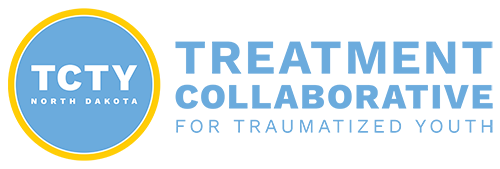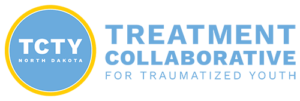Dates
September 2019
Learning Collaborative Training: Keystones

Location
Radisson Hotel Fargo
Training Cost
Covered by a grant (Includes in-person training, consultation calls, manual, access to resources)
Trainer
Kelly Kinnish, PhD
Continuing Education
- ND Social Work CEUs
- ND Counselors CEUs
- ND Psychologist CEUs
Lodging
Room Block: Radisson Hotel Fargo
Meals
- Coffee and a light breakfast will be provided in the morning.
- Beverages and snacks will be provided in the afternoon.
- Lunch is provided during one of the training days.
Application Process
1. Complete the training application to be considered for the TF-CBT Keystones Learning Collaborative Cohort.
2. Your application will be reviewed by the training team and you will be notified whether you are accepted.
3. Accepted clinicians will be given prework to complete for the training.
Email Jennifer Boub at jboub@pcand.org to be added to 2020 training list.
TF-CBT Keystones Learning Collaborative Training Details
Keystones training provides intensive training in TF-CBT specific applications for youth and their families who have experienced commercial sexual exploitation. This training is for experienced TF-CBT therapists. The purpose of the Keystones Learning Community is to bring together a group of providers who share a foundational knowledge of TF-CBT and a common interest in serving Commercially Sexually Exploited Children (CSEC). The Keystones Learning Community collectively builds on participants’ existing knowledge, as well as introduces new learning and activities to enhance clinical skills essential to serving this population.
Goal
The objectives for this training are for therapists to be able to implement and sustain TF-CBT with CSEC youth and improve outcomes for those who have experienced commercial sexual exploitation and their families.
Training Content and Topics:
In the Keystones training, participants work together in the learning process and engage in experiential activities like role playing to enhance learning and reinforce skills. Participants learn about CSEC-specific applications within the PRACTICE framework, including but not limited to:
- CSEC-specific psychoeducation topics
- CSEC-specific maladaptive cognitions and strategies for challenging them
- Common issues faced in the development of the Trauma Narrative with CSEC victims (multiple traumas, lack of or unsupportive caregiver, overcoming reluctance to include CSEC experiences in TN)
Participants also learn about common challenges in treatment with commercially sexually exploited children and adolescents and strategies to address them. Some of these difficulties include client and caregiver engagement difficulties, runaway risk and behavior, maladaptive coping strategies, including substance abuse problems, and TF-CBT in different settings with commercially sexually exploited clients.


